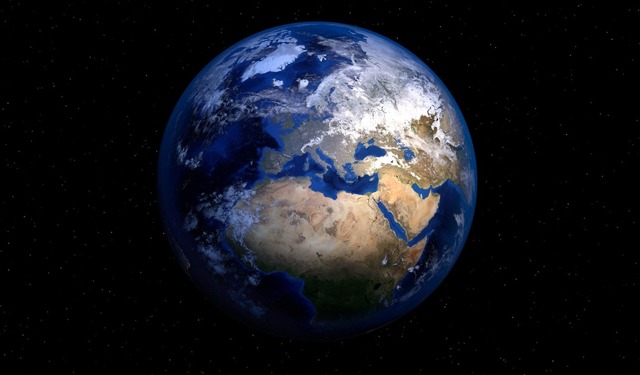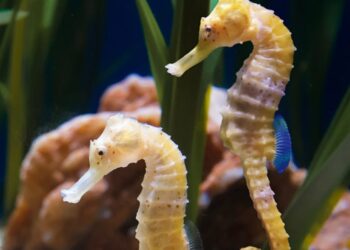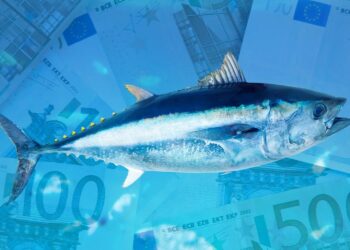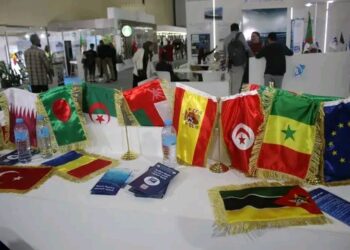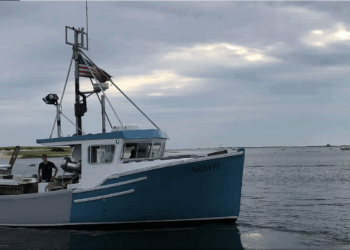Natural capital as an option for African governments in financing the Sustainable Development Goals – Africa must be able to use all its comparative advantages to mobilise resources to finance its sustainable development ambitions. Official development assistance has stagnated significantly since 2010 and even dropped to its lowest level, reaching $34 billion in 2022, according to estimates by the Organisation for Economic Cooperation and Development (OECD). Access to international capital markets remains quite restrictive and very costly due to a high perception of risk by investors.
But the continent is not short of options and could, along with the mobilisation of the private sector, take advantage of its “enormous” natural capital potential. This potential ranges from freshwater bodies to vast forest resources to mineral deposits. This will be demonstrated at the Annual Meetings of the African Development Bank Group, scheduled for 22-26 May in Sharm el-Sheikh, Egypt.
For example, about 30% of the world’s mineral reserves are found on the continent, including 60% of cobalt reserves and 90% of platinum group metal reserves. The continent contributes substantially to the world’s annual production of six key minerals: 80% of platinum, 77% of cobalt, 51% of manganese, 46% of diamonds, 39% of chromium and 22% of gold.
The continent also holds 7% of the world’s natural gas and oil reserves. In addition, Africa has more than 60% of the world’s undeveloped arable land and is home to 13% of the world’s population, 60% of which is under 25 years old, making it the youngest population in the world. About 75% of African countries have access to the sea, which offers large opportunities in the blue economy, whose global potential, managed in a sustainable manner, is estimated at about $1.5 trillion.
Untapped Potential: The Challenge of Mobilizing Natural Capital in Africa
But all this natural potential is not always tapped by governments to mobilise resources. Private companies have sometimes taken better advantage of it. Hundreds of junior mining companies listed on international stock exchanges have, over the years, raised significant capital simply by promoting the potential of their exploration or exploitation permits for deposits based in Africa on the markets.
Natural capital is also used spontaneously by hundreds of millions of people in the charcoal industry, whose business model is based on deforestation.
A few countries have been able to take advantage of this natural capital, such as Morocco, which has developed large solar and wind energy production fields. In 2022, the British company Xlinks, which specialises in renewable energy, has announced the construction of a 3,800-kilometre undersea cable that will enable the United Kingdom to benefit from this energy. In Egypt, the Nile, in addition to the operation of the Suez Canal, is used in various ways. Also in Egypt, the Benban solar photovoltaic plant, launched in 2018, will help increase the share of renewable energy to 42% by 2035. The park alone reduces CO2 emissions by two million tonnes per year. At full capacity, the park will produce 3.8 terawatt-hours of electricity per year, equivalent to 90% of the electricity produced by the Aswan High Dam.
The Annual Meetings will discuss how Africa’s natural capital can complement private sector investment as an important means of financing the continent’s climate change adaptation and mitigation actions, as well as its green growth ambitions. Discussions will be held with climate change and natural capital experts and African ministers, governors of the bank.
In addition to policy frameworks for Africa’s natural capital transformation, including local content and value addition, discussions will also focus on trade and regional integration; infrastructure, finance and investment policies; human capital and skills development; and technology upgrading.
In September 2021, the African Development Bank launched a new initiative on integrating natural capital into development finance in Africa. It will thus have the opportunity to take stock of this project and its first achievements.
The Egyptian hosts will also have a wealth of experience to share, as Egypt has managed to build a strong economy around its maritime and river assets, and has embarked on several green energy projects.
Natural capital as an option for African governments in financing the Sustainable Development Goals

